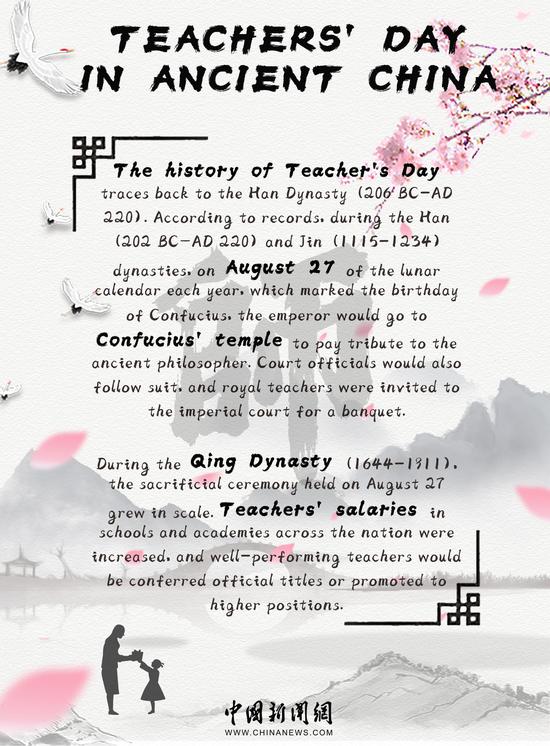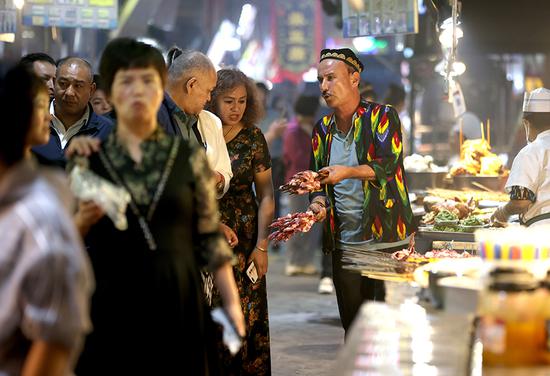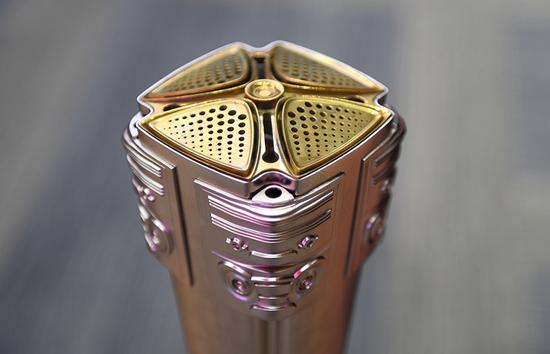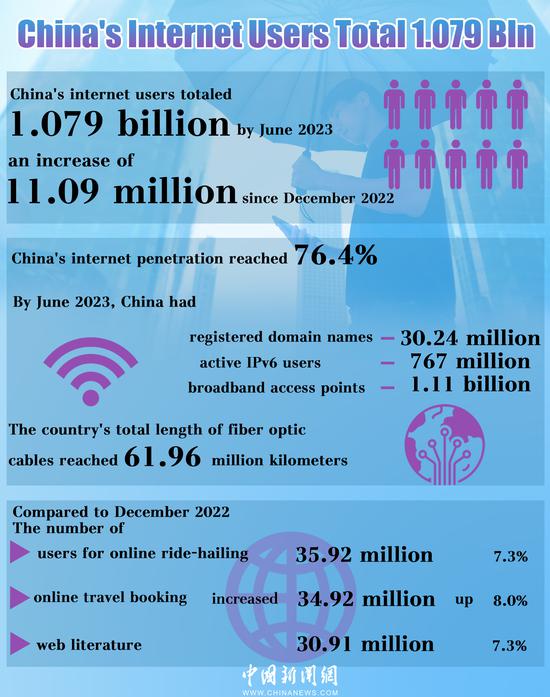A citizen of the United States has been given a life sentence by a Chinese court for espionage, China's national security agency released on Monday.
The Suzhou Intermediate People's Court announced the sentence to Liang Chengyun, also known as John Shing-Wan Leung, on May 15, and also stripped Liang of his political rights for life and confiscated his personal assets worth 500,000 yuan ($71,800), the Ministry of State Security said in the release.
According to the release, Liang, born in 1945 in Hong Kong, ran a restaurant after moving to a city in the central U.S. in 1983. Three years later, the U.S. spy and intelligence agency found and visited him multiple times, showing identity documents to him and asking him to cooperate with them.
In 1989, Liang reached a formal agreement with the U.S. agency, and the U.S. party agreed to pay him $1,000 per month as well as bonuses in line with his performance. In the same year, Liang became a U.S. citizen, the release said.
To build Liang's social image in the U.S., the U.S. agency made every effort to help him falsify his resume of studying in the United Kingdom, serving as an official in the United Nations, and going to war in Vietnam. It also asked him to take the initiative to donate to the U.S. state lawmakers to raise his status, it said.
To enhance Liang's influence among overseas Chinese, the U.S. agency provided funds and directed him to serve as president, honorary president and chairman of a number of overseas Chinese associations through donations, it said.
The U.S. part also guided him to carry out charitable donations in China to expand his popularity in China, trying to create a mask of "patriotic philanthropist" for him, it added.
Under the disguise of these identities, Liang began intelligence activities against China. For example, he took advantage of festivals, dinners and events of the associations to contact, spy and monitor staff members of Chinese departments in the U.S., and then reported the situations to the U.S. agency through e-mail and special mobile phone, according to the release.
Once Liang learned Chinese personnel went to the U.S. for official business, he would first report to the U.S. agency, and then he took the Chinese to restaurants or hotels where the U.S. had installed surveillance equipment to extract information and even set up pornographic traps in an attempt to blackmail the Chinese officials, it said.
In addition, the U.S. part also asked Liang to go to the designated places to meet with targeted personnel and induce them to be involved in transactions of sensitive items, so as to fabricate so-called "Chinese spy cases", it said.
Under the direction of several U.S. spies, Liang collected large amounts of information related to China, and was awarded a medal of merit by the U.S. agency headquarters, it added.
In 2020, the coronavirus outbreak hit the world and halted international flights. The U.S. agency asked Liang, then 75, to go back to China and make a detailed entry plan for him. At the end of that year, Liang used several identity documents to go to the mainland through Hong Kong, and he collect intelligence in accordance with the requirements of the U.S. part by frequently participating in various social activities and extensively contacting people from all walks of life, it said.
After investigation and to seek a series of evidence of Liang's espionage activities, China's national security agency took criminal measures against him and then transferred him to judicial organs, it added.
In the release on Monday, the state security agency clarified that espionage is a serious crime that endangers national security. Under Chinese Criminal Law, someone who joins an espionage organization or accepts jobs of the organization or its agents, thereby harming state security, should be sentenced to 10 years or more in prison, or life imprisonment.
It explained that Liang deserved a severe penalty, as he accepted tasks of the U.S. spy and intelligence agency for a long time, which seriously endangered China's security.


















































 京公网安备 11010202009201号
京公网安备 11010202009201号